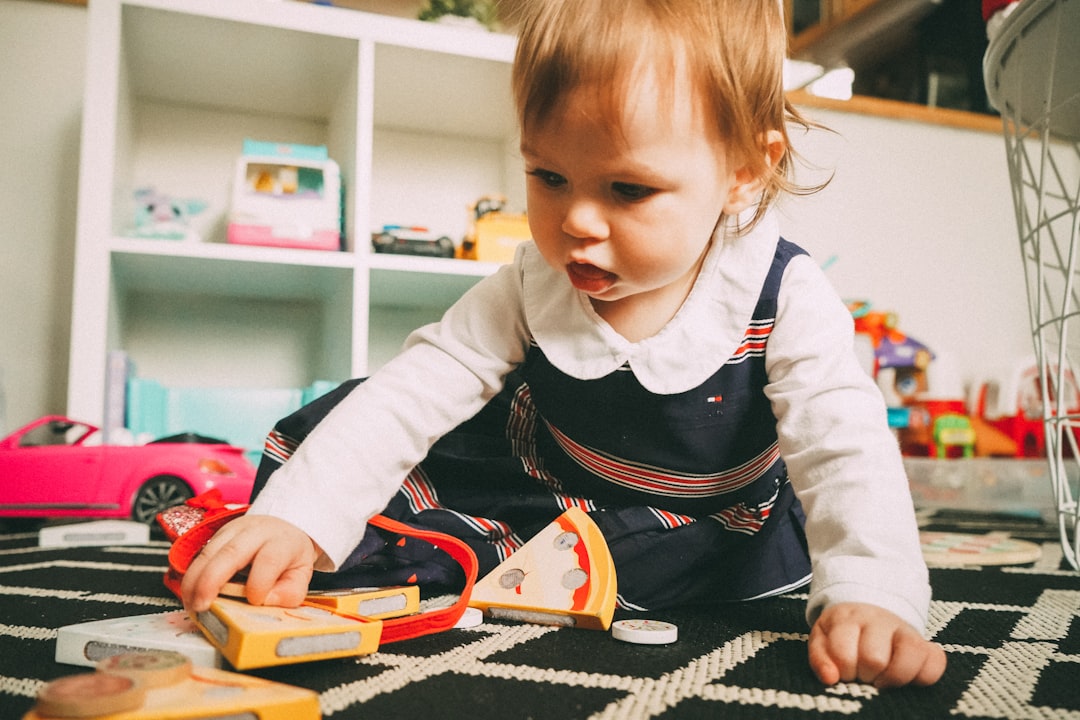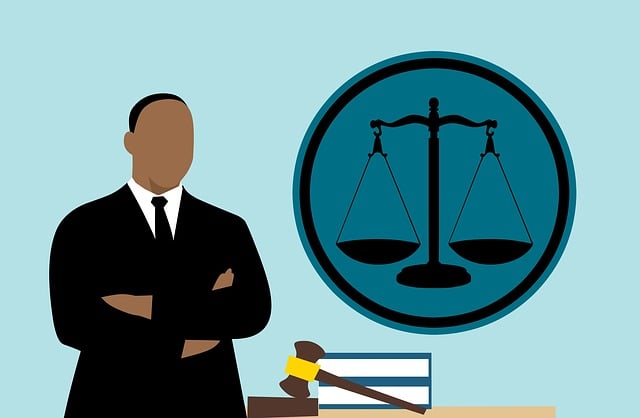In Pittsburgh, identifying child abuse is crucial, with legal obligations mandated by CPS regulations. Daycare centers and daycare abuse attorneys play vital roles in detecting and reporting suspected maltreatment. Signs of abuse include behavioral changes like fear or appetite alterations. Parents, caregivers, and educators should report any concerns to local authorities for prompt intervention. Pittsburgh's child victims have rights and access to resources, including legal aid from daycare abuse attorneys. Local organizations offer support, while community initiatives raise awareness and prevent future abuse through education and open communication.
In Pittsburgh, supporting child victims of abuse is a multifaceted endeavor. This comprehensive guide explores effective strategies to aid young survivors, from recognizing signs of abuse within the city’s diverse communities to leveraging legal rights and resources. We delve into the crucial roles of daycare centers in ensuring safety and their legal obligations under Pennsylvania law. Additionally, we highlight local organizations and community outreach efforts, while offering preventative measures to empower families against abuse, with a focus on the role of daycare abuse attorneys in Pittsburgh, PA.
Understanding Child Abuse: Recognizing the Signs and Symptoms in Pittsburgh
In Pittsburgh, recognizing child abuse is the first critical step towards protecting vulnerable children. Child abuse can take various forms, including physical, emotional, and sexual assault, as well as neglect. Daycare abuse attorneys in Pittsburgh PA highlight that signs may include unusual behaviors such as extreme fear of certain people or places, changes in appetite or sleeping patterns, frequent injuries with uncorroborated explanations, or withdrawal from friends and activities.
Parents, caregivers, and teachers must be vigilant in observing children’s routines and interactions to identify these red flags. Reporting suspected abuse to the appropriate authorities is a duty for anyone concerned about a child’s safety, as early intervention can significantly mitigate long-term trauma.
The Role of Daycare Centers: Ensuring Safety and Legal Obligations in PA
Daycare centers play a crucial role in protecting and supporting child victims of abuse, especially in Pennsylvania, where strict legal obligations exist to ensure safety. These facilities are required to have comprehensive policies and procedures in place to identify and report suspected instances of child maltreatment, making them a vital first line of defense against daycare abuse. With the help of dedicated daycare abuse attorneys in Pittsburgh, PA, centers can navigate these legal requirements effectively.
In Pennsylvania, daycare providers must adhere to the Child Protective Services (CPS) laws, which mandate reporting any reasonable suspicion of child abuse or neglect. This includes physical, emotional, and sexual abuse, as well as neglectful situations. Daycare staff are trained to recognize signs of abuse and are obligated to take immediate action, including contacting local CPS authorities. By working closely with attorneys specializing in daycare abuse cases in Pittsburgh, PA, centers can ensure they fulfill their legal obligations while providing a safe and nurturing environment for children.
Legal Rights and Resources for Child Victims: What Parents and Guardians Need to Know
Child victims of abuse in Pittsburgh, Pennsylvania, have specific legal rights and access to resources designed to protect them and help them heal. One crucial step for parents or guardians is to understand their rights and the available support systems. In cases of daycare abuse, it’s essential to consult with experienced daycare abuse attorneys who specialize in protecting the rights of children. They can guide you through legal options, ensuring your child receives the necessary support and justice.
The first step is to report the abuse to the appropriate authorities, such as the Department of Human Services (DHS). This agency has a duty to investigate and take action to protect the child. Additionally, there are local organizations in Pittsburgh dedicated to supporting child victims and their families. These resources can provide shelter, counseling, legal aid, and other essential services to help children recover from trauma and rebuild their lives.
Building a Strong Support System: Local Organizations and Community Outreach in Pittsburgh
In Pittsburgh, building a robust support system for child victims of abuse is crucial, and local organizations play a pivotal role in this process. Numerous non-profit groups and community initiatives focus on providing resources and care for affected children and their families. These organizations offer specialized services such as counseling, legal aid, and safe spaces tailored to meet the unique needs of abused children. Daycare abuse attorneys in Pittsburgh PA often collaborate with these local efforts, ensuring that justice is pursued while also offering vital support networks.
Community outreach programs in Pittsburgh have made significant strides in raising awareness about child abuse prevention and establishing support systems. These initiatives involve local schools, churches, and community centers, educating residents on recognizing the signs of abuse and promoting a culture of safety and protection. By fostering strong connections within the community, Pittsburgh’s collective effort aims to empower children, offer healing, and prevent future instances of abuse.
Preventative Measures: Educating and Empowering Families to Stop Abuse
Preventative measures are crucial in addressing child abuse, and one effective strategy is educating and empowering families to stop abuse before it occurs. In Pittsburgh, PA, where there are several reputable daycare centers and schools, raising awareness about child protection can make a significant difference. Daycare abuse attorneys often emphasize the importance of parental education programs that teach recognizing signs of abuse, understanding healthy boundaries, and promoting positive discipline techniques.
By equipping parents with these skills, they can better identify potential issues and take proactive steps to ensure their children’s safety. This includes fostering open communication, establishing clear rules, and encouraging a culture of respect and consent within the family. Such initiatives can be implemented through community outreach programs, workshops, and partnerships with local educational institutions, ultimately aiming to create a safer environment for Pittsburgh’s young ones.






